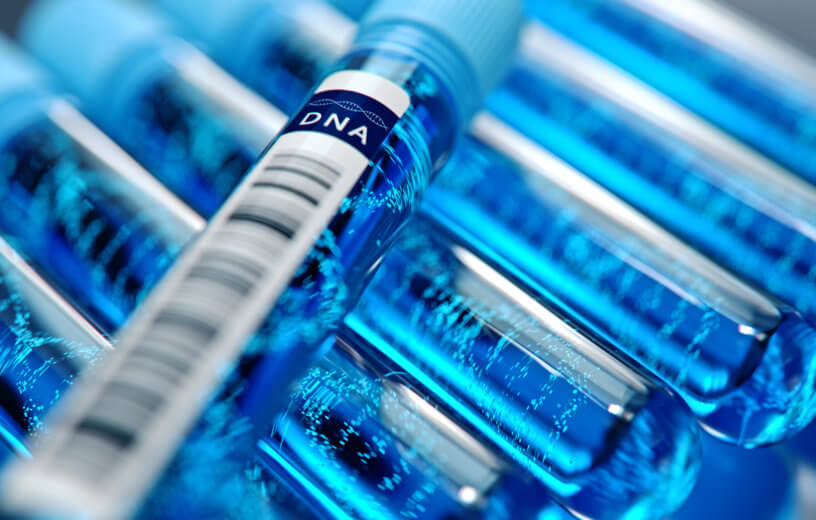NEW YORK — As scientists continue to explore what created COVID-19 and how to defeat it, a genetic breakthrough is revealing why some people contract the virus and others don’t. Researchers in Canada say they’ve identified the genes which make people more likely to test positive for coronavirus.
A team from the University of British Columbia discovered that certain genetic markers in a patient’s blood, as well as other variations, make them more susceptible to infection. So far, the virus has killed over 3.3 million people worldwide and infected more than 160 million.
“DNA is a big, complex molecule and so, genetic associations alone cannot pinpoint the exact gene responsible for COVID-19,” explains Dr. Ana Hernandez Cordero in a media release. “However, by combining COVID-19 genetic information with gene expression and proteomic datasets, we can figure out which genes are driving the relationship with COVID-19.”
Researchers obtained data from patients testing positive for SARS-CoV-2, the virus causing COVID-19. They then analyzed and compared those samples to non-infected individuals. Specifically, the researchers looked at genes in the patient’s lungs and blood tissue.
The team used two methods – integrative genomics (IG) and proteomics – to identify which genes are responsible for increasing the chances of infection. IG is a technique that identifies what genes have an influence on certain biological processes such as developing a disease. Proteomics does the same for proteins.
Revealing the genetic culprits of the pandemic
While these methods are complex, they can be performed quickly which allows researchers to prioritize what genes are worth examining. The study finds genes that are responsible for the immune system’s response to COVID also determine whether a person is more susceptible. Looking specifically at genes in blood proteins, the researchers were able to go a step further and identify more specifically the genes responsible.
“By harnessing the power of genomic information, we identified genes that are related to COVID-19,” Dr. Hernandez Cordero says. “In particular, we found that the ABO gene is a significant risk factor for COVID-19. Of particular note was the relationship between the blood group ABO and COVID-19 risk. We showed that the relationship is not just an association but causal.”
Study authors discovered a number of other genetic variants which significantly increase the risk of contracting COVID-19. These include SLC6A20, ERMP1, FCER1G, and CA11; some of which have links to other respiratory diseases as well.
“Our research has progressed since the time that we first conducted this analysis,” the researcher adds. “We have now identified even more interesting candidates for COVID-19 such as IL10RB, IFNAR2 and OAS1. These genes have been linked to severe COVID-19. Their role in the immune response to viral infections and mounting evidence suggest that these candidates and their role in COVID-19 should be further investigated.”
Researchers presented their findings at the ATS 2021 International Conference.
SWNS writer Tom Campbell contributed to this report.
